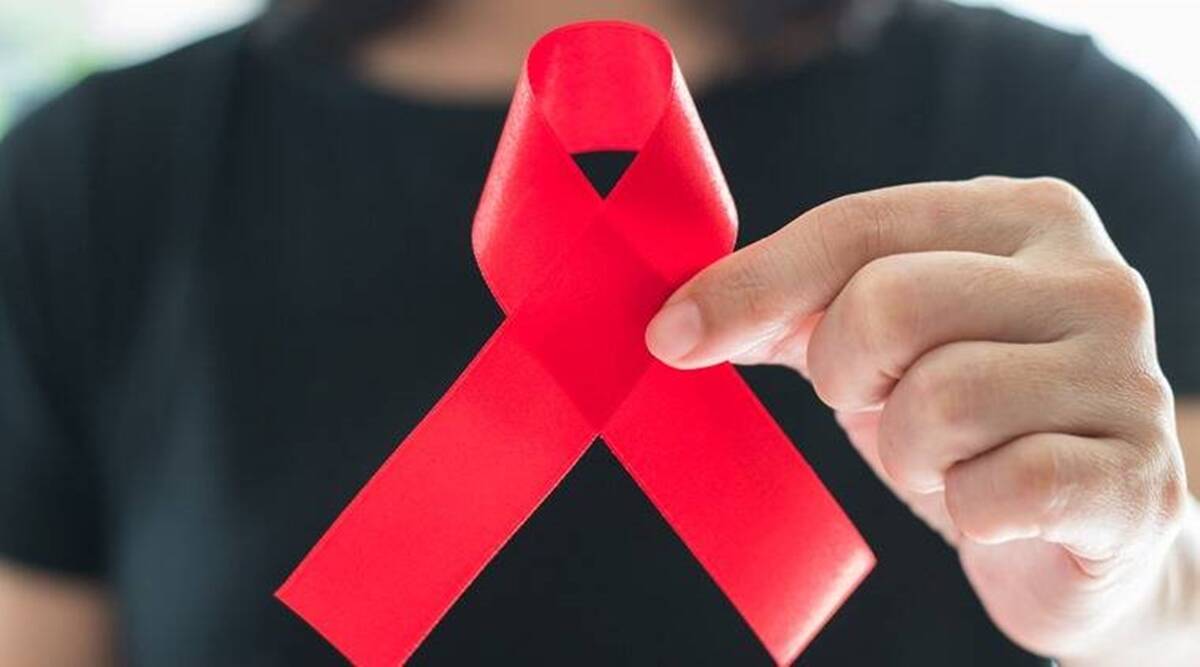Headlines
World AIDS Day: Working Together To Fight Triple Threat Of HIV, TB And COVID-19

To find creative solutions for the colliding epidemics of HIV, TB, and COVID-19 – a “triple threat” that has had a significant impact on HIV programs reaching their targets
As Africa works to get back on track to meet its UNAIDS HIV prevention and care targets, healthcare organizations like the BroadReach Group are partnering with governments and donors to find creative solutions for the colliding epidemics of HIV, TB, and COVID-19 – a “triple threat” that has had a significant impact on HIV programs reaching their targets in 2021.
BroadReach Group, a social impact health organization that has been involved in nearly 10% of the global HIV+ populations’ care over the past four years, is working within the United States President’s Emergency Plan for AIDS Relief (PEPFAR), the United States Agency For International Development (USAID), Global Fund and the Centers for Disease Control and Prevention (CDC) funded programs, other healthcare organizations and local governments in Nigeria, Ghana, Uganda, Zambia, and South Africa to get these countries back on track to meet the UNAIDS 90-90-90 HIV targets in the next year, and reaching their revised 95-95-95 HIV treatment targets by 2025.
The 90-90-90 and 95-95-95 HIV treatment targets refer to those with HIV knowing their status, receiving their antiretroviral (ARV) treatments, and, if they are on ARVs, achieving viral suppression. In many parts of Africa, the gains of the past few years were lost during the COVID-19 pandemic, as both HIV testing and new patients started on ARVs. One of the greatest setbacks in the fight against both HIV/AIDS and TB in the COVID-era – and the reason why the 90-90-90 gains were lost in many places – is that the COVID pandemic caused the public to stay away from clinics and hospitals.
The recent National Income Dynamics Study (NIDS) Coronavirus Rapid Mobile Survey (CRAM) study by a group of South African researchers found that there was a marked reduction in primary healthcare utilization in the country during the pandemic, especially in HIV testing and health visits by children under 5 years of age, irrespective of COVID-19 levels, across almost all districts in the country.
The NIDS CRAM study also found that preventive services such as immunization and contraception dipped across 75% of health districts countrywide and 23% of the uninsured segment of the population reported that they did not seek acute care when they needed it and also missed out on medication, contraceptives or condoms that should have protected them.
Similar problems are being addressed in other parts of Africa. Dr. Andrew Kambugu, the Sande-McKinnell Executive Director at Uganda’s Infectious Disease Institute, says: “The COVID-19 pandemic has been a challenge for Uganda, as in many other countries in Sub-Saharan Africa – also in terms of other communicable and non-communicable diseases – and this is why it is so important to work smarter together to face the emerging challenges. We believe our collaboration with the PEPFAR, the CDC, and implementing partners like BroadReach is vital to turn the situation around. Ending HIV, TB, and COVID-19 require smart strategic partnerships.”
Dhirisha Naidoo, Chief of Party for BroadReach’s PEPFAR funded USAID program, APACE (Accelerating Programme Achievements to Control the Epidemic) in South Africa, which serves a population of about 4.3 million in South Africa, agrees. She also believes in collaboration and advocates for creative ideas to get patients back to clinics.
World AIDS Day: Working Together To Fight Triple Threat Of HIV, TB And COVID-19
“Rather than rely on foot traffic, our program initiated extensive, creative programs to ramp up testing to find new cases as well as to ensure patients continued to have access to. For instance, our teams focused on increasing ‘index testing’ (testing the contacts of HIV+ people), offering extended hours services for clients to access treatment, and enrolling eligible patients onto specific medicine collection programs.”
Naidoo is also advocating for creative measures to tackle the “colliding triple threat of HIV/AIDS, tuberculosis and COVID-19 simultaneously”. One proposed measure is to turn vaccination sites into multipurpose “health events” where patients can be screened and educated on a variety of illnesses. Naidoo says vaccination sites could offer pop-up pharmacies and video content on HIV, TB, and cancer prevention, free coffees, and other rewards for Pap Smears, TB testing, and HIV screening. “We need to think laterally about how we can combine efforts to achieve greater public health outcomes in a shorter time,” says Naidoo.
Andy Karas, USAID Southern Africa Mission Director says, “Through our and other PEPFAR implementing agencies’ support of HIV and TB care and treatment programs, great strides had been made in reaching the 90-90-90 HIV treatment, however, the COVID-19 pandemic hindered progress. We must now redouble our efforts to get back on track and tackle HIV, TB, and COVID-19 together so that we can support people to build healthy and prosperous futures.”
Dr. John Blandford, CDC Country Director for South Africa echoes the call to get back on track. “As we face the colliding epidemics of HIV, TB, and COVID-19, we need to collaborate and partner to ensure that testing, treatment, and suppression remain our priorities. We need to increase our efforts to drive COVID-19 vaccinations to ensure that our immunocompromised populations are protected and safe from illness. Working with partners such as BroadReach and others is key to fighting disease on the African continent and we will continue to increase our efforts to ensure our citizens can lead healthy and fulfilling lives.”





